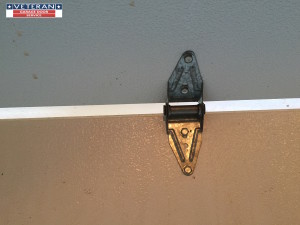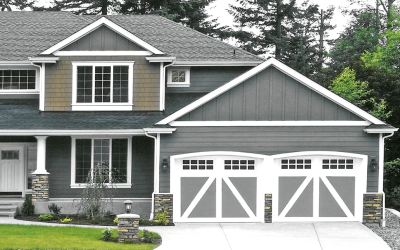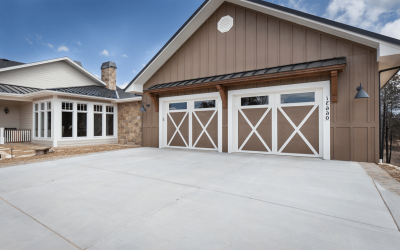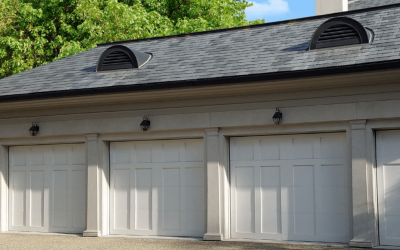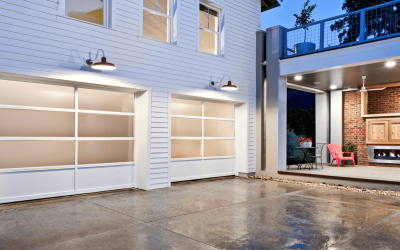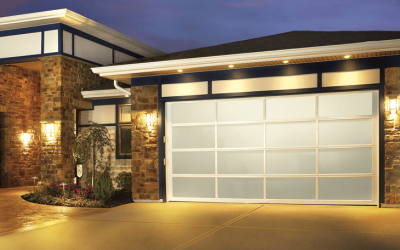Garage door hinges are the parts attached to a garage door that allow the individual garage
door panels to pivot while being attached together while the garage door opens and closes.
There are different styles of hinges but most are universal in style, with only a few exceptions
like Wayne Dalton, Raynor and Clopay Pinch Proof hinges.
Hinges are numbered for their location on the garage door, typically 1-8 for residential garage
doors but as many as 1-12 can be found. Hinges also come in three basic gauges of 11, 14 and
18. The gauge of the hinge would be based on the weight of the garage door
The hinges are a key component in the garage door system as they attach the individual panels
together while allowing the garage door panels to pivot as the door goes up and down.
If a hinge is broken or damaged it will affect the entire garage door system. A broken or
damaged hinge will allow the two panels two shift and move too much or can bind the two
panels not allowing them to pivot properly. Either of these situations can cause damage to
either or both panels. The hinges also assist in carrying the weight of the garage door and a
broken hinge will put more stress on other parts that can cause damage or failure of those parts
as well. The other parts that could be affected by a broken hinge are other hinges, the
individual panels, the rollers and even the springs and the electric garage door opener. Garage
doors are designed to work together which each part performing a function and assisting other
parts in performing their designed function effectively.
Any broken or damaged garage door part should be repaired or replaced to prevent further
damage or garage door failure, such as door going off track.
Hinges are simple to replace and not very expensive. Each hinge is attached to the two garage
door panels on the inside using 4 self tapping bolts, with the exception of the top and bottom
brackets. Each hinge is stamped with a number 1-8 on most typical residential garage doors.
The number stamped on the hinge is important because it tells you the location for that hinge
on the garage door. Each hinge places the rollers at a different distance from the track, these
differences allow the door to rest flush against the garage door opening frame work when the
door is closed while still allowing the door to open and close without causing too much contact
with the framing that creates a binding of the garage door. The top brackets are not a hinge but
a carrier for the roller and are quite simple to replace. The bottom bracket is the most difficult
to replace.
*Note: It is recommended that a trained garage door technician replace the bottom brackets.
The bottom brackets are the location that the cable attach to the bottom of the garage door
and the cables are under a great deal of tension. Replacing the bottom bracket requires the
knowledge of how the cables work with the spring system. These cables can cause serious
damage including death to untrained persons attempting repairs on the bottom bracket or
cables.
When replacing garage door hinges be certain you know the weight of the garage door so you
will use the proper gauge hinge for your garage door and what number is stamped on the
garage door hinge for proper hinge placement.
Veteran Garage Door has all the hinges in stock you might need and technicians to complete
the job and perform a full inspection of your garage door system.




